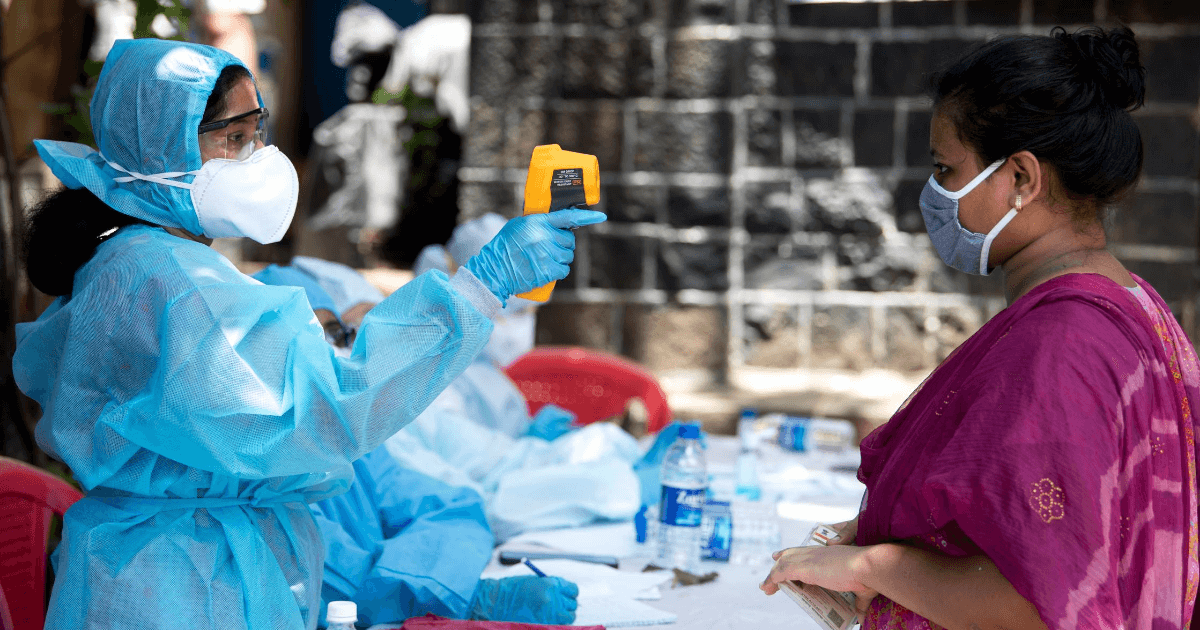To be a Nurse/ Nursing is not for everyone/ Beyond the Call of Duty
From time immemorial women have been considered to be better caretakers. History has provided us with many examples of women as nurses and their contributions to the societies. Be it ‘The lady with the lamp’ or ‘The angel of the battlefield’ or sojourner truth or the first black woman general of the USA or the first lady of nursing, there is no dearth of inspiration. All of us, at least when pandemics hit us came to know what the word ‘nurse’ stands for. The word is derived from the fifth-century postclassical Latin nūtrīce, a wet-nurse hired to provide an infant with breast milk when the infant’s mother would not or could not do so. Etymologically it is related to our modern word nourish.
As Britain prepares to celebrate Florence Nightingale’s 200th birthday on May 12, the whole world believes nurses as their saviors and would not let go of them. In today’s scenario, despite intensive care, many people have faced adversity and embraced death but the utmost resilience and calm professionalism displayed by nurses make them an essential part of the societies.
With a long history, they are everywhere as members of the largest health care profession in diverse settings and fields. Stories of army nurses have reinforced the fact that they do their best withstanding hardships at the front and have been
awardees of The Purple Heart. We all know how vulnerable they are under the present circumstances as a vital link between the patient and the rest of the healthcare system. Raincoats and helmets in lieu of coveralls and masks, claps, and clanging pots instead of PPEs and a pay raise, it’s a struggle day in and day out. Relentless working around critically ill patients even when the surge has affected so many lives is itself an act of self-denial. A listening ear and a calming touch even as they keep their senses alert for one small subtle change to determine what or who needs to be called reflects their flexibility, innovativeness, patience, and adaptability
Severe shortages of proper protection gear for nurses in the current and post pandemic periods is a result of governments’ lethargy and unpreparedness for the current pandemic. Uneven battle with the deadly virus in turn threatens the smooth rendering of health services to the public. Though nursing’s image take on an heroic cast during pandemics and wars, the reality for most nurses is that the work is incredibly demanding with few financial rewards and poor working conditions. Nursing fails to keep up economically with other occupations. For the sake of four words -Humanity, Fortitude, Devotion, and Sacrifice which describe this profession the best and for these words to ring true, the cracks in the current edifice of healthcare safety should not continually grow. For those thousands who died on duty leaving their colleagues and families shaken, their contributions are acknowledged as essential to victory against this evil called COVID-19. If we think, nurses report for work in the most challenging of circumstances, not just for the sake of duty but their inner conscience that believes in safeguarding human lives is a fundamental principle of their profession.
Severe shortages of proper protection gear for nurses in the current and post-pandemic periods is a result of governments’ lethargy and unpreparedness for the current pandemic. Uneven battle with the deadly virus in turn threatens the smooth rendering of health services to the public. Though nursing’s image takes on a heroic cast during pandemics and wars, the reality for most nurses is that the work is incredibly demanding with few financial rewards and poor working conditions. Nursing fails to keep up economically with other occupations. For the sake of four words -Humanity, Fortitude, Devotion, and Sacrifice which describe this profession the best and for these words to ring true, the cracks in the current edifice of healthcare safety should not continually grow. For those thousands who died on duty leaving their colleagues and should not continually grow.
For those thousands who died on duty leaving their colleagues and families shaken, their contributions are acknowledged as essential to victory against this evil called COVID-19. If we think, nurses report for work in the most challenging of circumstances, not just for the sake of duty but their inner conscience that believes in safeguarding the human lives is a fundamental principle of their profession.

Due to their long working hours and undulating efforts to keep their patients healthy also concerns about their personal psychosocial well-being. At these times, even behind a mask the nurses are not wholly successful in altering their outward demeanour and the presentation of what they see as their `detached’ face does not serve to mask feelings of exhaustion, demoralisation, anger or sorrow”. Recently, with too many failings and deaths to handle, however, nurses find themselves having to perform a different kind of emotion management than that prescribed by their profession. They have to present the detached face of the professional career, as fear of losing grips them.
Next moment, they also have to handle intense joy on liberating someone from a ventilator, when another one stabilises and could breathe on her/ his own again. `Smiling happiest faces’ also means they have to work hard on their emotions especially with families of patients whose expectations of a quality service have been raised beyond anything better than the best. An impending doom or an existing gloom, the overall effect is physically and psychologically palpable. ‘’Wobble rooms” are indeed “rainbow rooms” that offer peace and serenity alongwith a space to have a safe conversation. Above all, nurses need not go home thinking, ‘I could have been the kindest to so and so’.
The rendering of a nurse is beyond the words as they are the mediums that extend the support to the patients and their families. With underpayment, under-resourced and overworked, they are barely holding it together in the recent COVID-19 pandemic. Patients who arrive in severe shock, others very sick demanding a high level of nursing care and many others on the verge of death needing a kind look or words of comfort, surrender themselves with ‘that’ look in their eyes. ‘Stoicism’ is the ruling word in times of profound upheaval, risk, and strain. Is there anything more traumatic than seeing the one you cared for in the previous shift with lot of hopes and prayers, in a body bag hours later? These soldiers who display courage in the face of duty are more than deserving of a ‘Maidstone Medal’ or “The Christiane Reimann Prize”. What’s more, they put the wellness of others before their own, and many accept their fate with incredible dignity.
Bold voices with clearly articulate ethical positions and an astute understanding of human rights, careful discernment of human rights violations with a bold acceptance of professional responsibility makes them an important part of the healthcare society.
Forget COVID-19 for a moment. In normal circumstances, to smoothen the often turbulent path of interaction between patient and an overworked health specialist, nurses are well able to tolerate differences, willing to keep aside potential perceptions, and wholeheartedly contribute to shared care plans even when multiple patient handoffs play foul in establishing a trusting and collegial relationship. Nurses must redefine stressful situations, carry on and do their job in any situation with or without resources. There seems to be no recognition anymore of the collective goodwill involved in providing a service, many a time selfless one. A bad job is definitely not excusable, but others involved with nurses ought to understand and appreciate the struggles or shortcomings. At the end of the day, they don’t feel like heroes but rush back home as a daughter, wife, mother, lover or a friend to feel belonged, to care and be cared for.
Composed by: Dr. Elsa Lycias Joel

